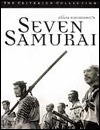 |
Seven Samurai (1954), Japan
directed by Akira Kurosawa
Set in 16th Century Japan, the story is about the
plight of a defenseless farming village that lives
in constant fear of marauding bandits. Akira Kurosawa's
epic Seven Samurai is cinematic perfection in nearly
every aspect, giving the production its much-deserved
status as one of the best films ever created. |
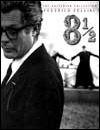 |
8 1/2 (1963), Italy
directed by Federico Fellini
An autobiographical film of Fellini, about the trials
and tribulations of film making. Marcello Mastroianni
plays a famous Italian movie director named Guido
Anselmi whose film—and life—is collapsing
around him. A film within a film within a film.
|
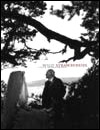 |
Wild Strawberries (1957), Sweden
directed by Ingmar Bergman
An elderly college professor, Isak Borg, sets out
in his car to receive an honorary degree--and is
forced to face his past, come to terms with his
faults, and accept his approaching death. |
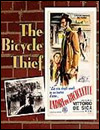 |
The Bicycle Thief (1948), Italy
directed by Vittorio De Sica
A classic Italian drama about a poor man struggling
to provide for his family. This touching and well-crafted
realistic film is essential viewing for foreign
film buffs, fans of heartfelt family dramas. |
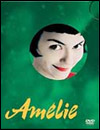 |
Amelie (2001), France
directed by Jean-Pierre Jeunet
The title character Amélie Poulain (Audrey
Tautou) is a young woman who glides through the
streets of Paris as quietly as a mouse and decides
to help other lonely people fix their lives. Perhaps
the most charming movie of all time, Amélie
is certainly one of the top 10. |
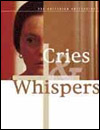 |
Cries and Whispers (1972), Sweden
directed by Ingmar Bergman
Ingmar Bergman's great 1972 film is about the elemental
things: death and dying, sex, injury, repression,
and the body as a fount of sustenance. While Cries
and Whispers only won the Oscar for cinematography,
the film did very well for itself in international
awards contests. |
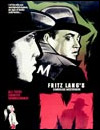 |
M (1931), Germany
directed by Fritz Lang
On the cobbled streets of Dusseldorf a killer prowls,
snatching kids at random and silencing their voices
for eternity. When the police in a German city are
unable to catch a child-murderer, other criminals
join in the manhunt. |
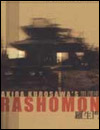 |
Rashomon (1951), Japan
directed by Akira Kurosawa
Rashomon is a film about the lies people tell to
protect their self-image. Centered around an apparent
rape and murder by a bandit, Machiko Kyo and Toshiro
Mifune turn in magnificent performances as the lady
and her savage attacker.
|
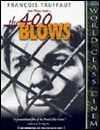 |
The 400 Blows (1959), France
directed by Francois Truffaut
Perhaps Truffaut's most affecting film, the story
features Antoine Doinel (Jean-Pierre Léaud),
a boy who turns to petty crime in the face of neglect
at home and hard times at a reform school. |
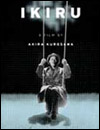 |
Ikiru (1952), Japan
directed by Akira Kurosawa
Considered by some to be Akira Kurosawa’s greatest
achievement, Ikiru presents the director at his
most compassionate—affirming life through an
exploration of a man’s death. Takashi Shimura
portrays Kenji Watanabe, an aging bureaucrat with
stomach cancer forced to strip the veneer off his
existence and find meaning in his final days. |
